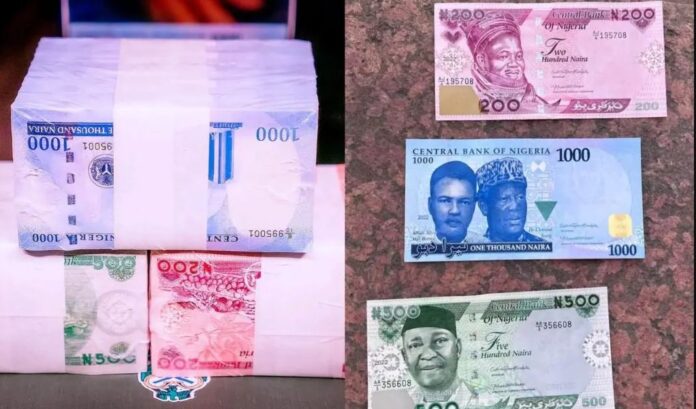Abuja stops cash withdrawals in a new strategic against corruption
By Jeph Ajobaju, Chief Copy Editor
Abuja has stopped cash withdrawal from all public accounts with immediate effect.
Public officers are to open domiciliary accounts in foreign and local currencies before the commencement of the new policy, which comes on the heels of the new naira withdrawal policy of the Central Bank of Nigeria (CBN).
Nigerian Financial Intelligence Unit (NFIU) Director Modibbo Tukur disclosed the directive in Abuja at a meeting with Independent National Electoral Commission (INEC) Chairman, Mahmud Yakubu.
A statement issued by NFIU Chief Media Analyst Ahmed Dikko said the policy became necessary following unrelenting devaluation of naira and the introduction of new naira banknotes which automatically activates Section 1 of the Money Laundering Prohibition Act.
The action was also triggered by reports that most cash withdrawals from government accounts, including payments for estacode for public officials, are in excess of cash withdrawal limit in the Money Laundering Act.
Tukur said this exposes innocent public officials to being liable to imprisonment.
_________________________________________________________________
Related articles:
NDLEA freezes N20b in 103 bank accounts owned by alleged drug baron
INEC accuses APC and PDP of violating campaign spending law
NEITI helps recover N2.6tr tax from oil firms
_________________________________________________________________
Training of market men and women
Tukur disclosed the NFIU is developing an advisory to the Secretary to the Government of the Federation, Governors and council Chairmen to direct all public servants to open domiciliary and naira accounts ahead of the commencement of the policy which becomes compulsory by law, per Vanguard reporting.
Tukur said Governors and council chairmen need to organise training for market men and women on how to use ATM and PoS services.
He dismissed as false claims the NFIU will block all federal government accounts from 1 January 2023.
CSOs tell EFCC and ICPC to monitor campaign spending
Moneybags who buy votes, steal elections, and go on to loot the treasury are still out there, but anti-graft agencies can move fast by monitoring campaign spending right now and block the crooks, civil society organisations (CSOs) have advocated.
Initiative for Research, Innovation and Advocacy in Development (IRIAD) and Electoral Hub (EH) urged both the Economic and Financial Crimes Commission (EFCC) and Independent Corrupt Practices and other related Offences Commission (ICPC) to track spending by politicians now on the hustings.
IRIAD and EH asked candidates to focus on policy-based electioneering centred on pressing issues and anti-graft agencies to arrest and prosecute all electoral offenders.
A statement issued by the forum, signed by its Director, Princess Hamman-Obels, stressed the need for inclusive campaigns, the hallmark of democracy.
She argued the inclusion of women, youths, and Persons With Disabilities (PWDs) in the process would deepen democracy and ensure political parties tap into these electoral bases.
“The INEC … guideline for political rallies and campaigns by political parties, candidates and their supporters provides, among other things, the distinction between political rallies and political campaigns, procedure for conducting political campaigns, conduct not permissible during political campaigns, period of political campaigns, the procedure for conducting political rallies, conduct not permissible during political rallies, target audience, etc.
“This guideline should be of top consideration by political parties and candidates in the manner they go about in their campaigns as this regulation has the binding effect of law and must be followed,” she said.







